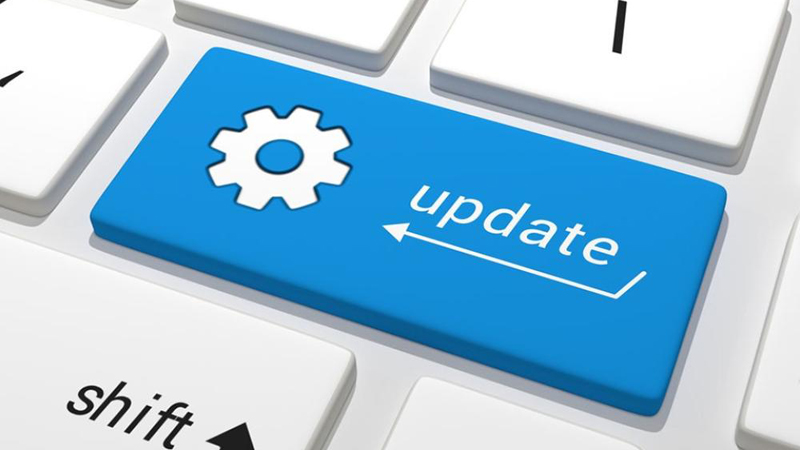The Importance of Regular Computer Cleaning:
Why Every 3-6 Months Matters

In our digital age, computers are indispensable tools for work, education, and leisure. However, just like any other machine, they require regular maintenance to function optimally. One crucial aspect of computer upkeep is cleaning, which should be done every 3-6 months. Here's why it's important and some practical tips on how to do it.
Why Clean Your Computer?
1. Performance Improvement
Over time, dust and debris can accumulate inside your computer, particularly in fans and vents, leading to overheating. Excessive heat can slow down your computer, causing lag and crashes. Regular cleaning helps maintain optimal airflow, ensuring your system runs smoothly and efficiently.
2. Prolonged Lifespan
Just as a car needs regular oil changes, your computer benefits from periodic cleaning. Keeping it free of dust and grime can extend its lifespan, saving you money on repairs or replacements down the line.
3. Enhanced Security
Malware and unwanted software can slow down your system and pose security risks. Regular cleaning involves removing unnecessary files and programs, which not only enhances speed but also reduces vulnerabilities.
4. Improved Aesthetics
A clean computer not only performs better but also looks better. Whether it's a sleek laptop or a powerful desktop, keeping your device tidy can enhance your workspace's overall appearance and make you feel more organized.
5. Better Health
Dust, allergens, and bacteria can accumulate on your computer, potentially impacting your health, especially if you spend long hours working on it. Regular cleaning helps create a healthier workspace.
Digital Cleaning
1. Uninstall Unused Programs
Go through your applications and remove any software you no longer use. This frees up storage and can improve performance.
2. Delete Temporary Files
Use built-in tools like Disk Cleanup (Windows) or Optimize Storage (Mac) to remove temporary files and system caches that can accumulate over time.
3. Organize Files
Regularly sorting and organizing your files helps you find what you need quickly and keeps your desktop clutter-free.
4. Update Software
Ensure your operating system and software are up to date. Updates often contain performance improvements and security patches.
5. Run Antivirus Scans
Regularly run antivirus and anti-malware scans to keep your system secure and free from harmful programs.






